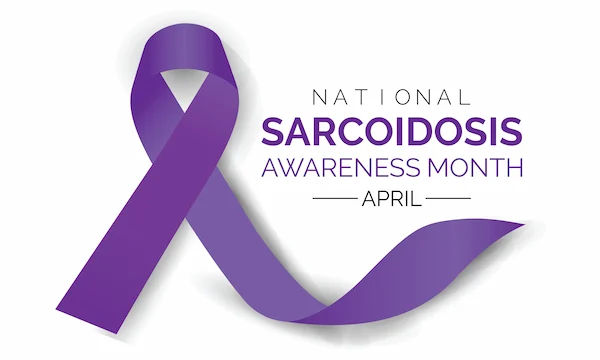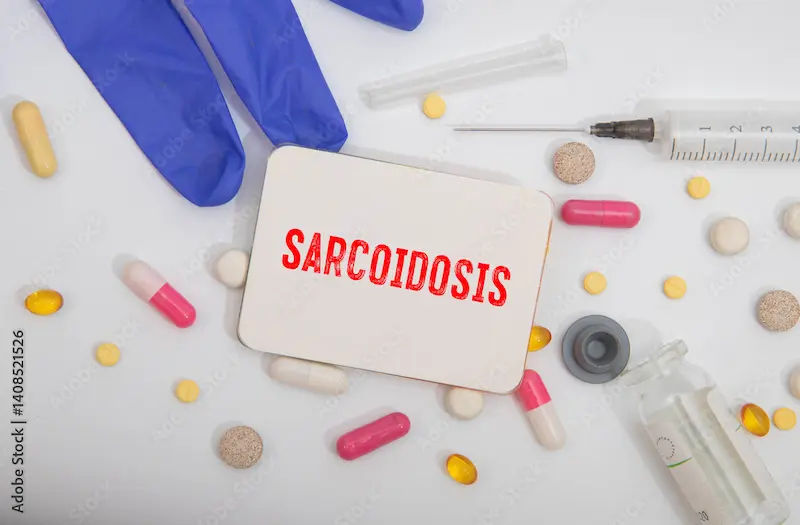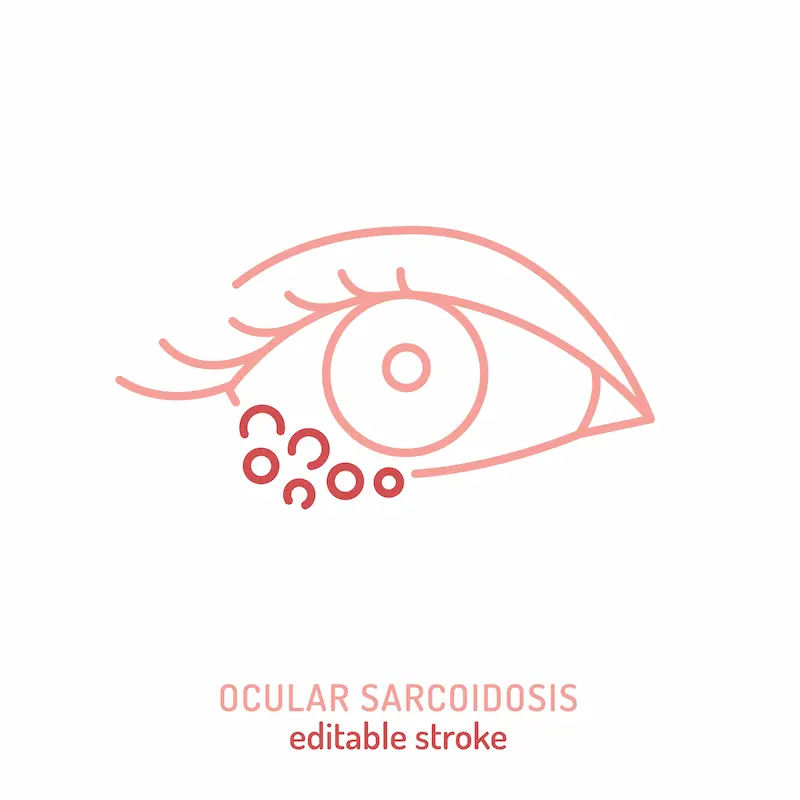Understanding Sarcoidosis: Causes and Treatment Options
Know what is sarcoidosis, what it is, which organs are affected, symptoms, causes, diagnosis and treatment options. Learn if there is a cure for sarcodiosis.

Written by Dr. Mohammed Kamran
Reviewed by Dr. Rohinipriyanka Pondugula MBBS
Last updated on 13th Jan, 2026

Introduction
Sarcoidosis is a rare but treatable condition that can affect different parts of the body, most commonly the lungs and lymph nodes. If you or someone you know has been diagnosed with sarcoidosis, it’s natural to have questions and concerns. This article will help you understand what sarcoidosis is, its causes, symptoms, and available treatment options in simple terms.
What is Sarcoidosis?
Sarcoidosis is an inflammatory disease where tiny clumps of immune cells, called granulomas, form in various organs. These granulomas can interfere with normal organ function, leading to symptoms. While the exact cause is unknown, doctors believe it may be related to an overactive immune response to an unknown trigger.
Consult a Pulmonologist for Personalised Advice
Which Organs Are Affected?
Sarcoidosis most commonly affects:
• Lungs (90% of cases)
• Lymph nodes
• Skin
• Eyes
• Heart (less common but serious)
• Liver and kidneys
Symptoms of Sarcoidosis
Symptoms vary depending on which organs are involved. Some people may have mild or no symptoms, while others experience more severe effects.
Common Symptoms:
The common symptoms include:
• Lung-related: Persistent cough, shortness of breath, chest pain
• General symptoms: Fatigue, fever, weight loss
• Skin-related: Red or purple rashes, nodules (especially on the legs)
• Eye-related: Blurred vision, eye pain, sensitivity to light
• Swollen lymph nodes (often painless)
In some cases, sarcoidosis can lead to complications like pulmonary fibrosis (lung scarring) or heart problems, so early diagnosis and monitoring are important.
What Causes Sarcoidosis?
The exact cause remains unknown, but researchers believe it may be triggered by:
• Genetics (family history increases risk)
• Environmental factors (exposure to dust, chemicals, or infections)
• Autoimmune response (the immune system mistakenly attacks healthy tissue)
Unlike infections, sarcoidosis is not contagious.
Diagnosis of Sarcoidosis
Since symptoms can mimic other conditions, doctors use several tests to confirm sarcoidosis:
1. Chest X-ray or CT scan (to check for lung involvement)
2. Biopsy (a small tissue sample examined for granulomas)
3. Blood tests (to check inflammation markers)
4. Pulmonary function tests (to assess lung health)
5. Eye exam (if vision problems are present)
If you have persistent symptoms like unexplained cough, fatigue, or skin rashes, consult a doctor for proper evaluation.
Get Your Health Assessed
Treatment Options for Sarcoidosis
Many people with mild sarcoidosis may not need treatment, as the condition can resolve on its own. However, if symptoms are severe or organs are damaged, treatment may include:
1. Medications
• Corticosteroids (Prednisone): Reduce inflammation (common first-line treatment).
• Immunosuppressants (Methotrexate, Azathioprine): For long-term management if steroids aren’t enough.
• Anti-inflammatory drugs (NSAIDs): For mild joint pain or fever.
2. Lifestyle and Home Remedies
• Healthy diet: Anti-inflammatory foods (fruits, vegetables, omega-3 fatty acids) may help.
• Regular exercise: Helps maintain lung and heart health (consult your doctor first).
• Avoid smoking: Smoking worsens lung damage.
• Stress management: Yoga, meditation, and adequate sleep can help reduce flare-ups.
3. Monitoring and Follow-ups
• Since sarcoidosis can affect multiple organs, regular check-ups with a pulmonologist, rheumatologist, or ophthalmologist are essential.
When to See a Doctor?
Seek medical attention if you experience:
• Persistent cough or breathing difficulties
• Unexplained weight loss or fatigue
• Vision changes or eye pain
• Irregular heartbeat or chest pain
Early diagnosis helps prevent complications.
Can Sarcoidosis Be Cured?
While there’s no permanent cure, many people experience remission (no symptoms) with proper treatment. Some may have chronic symptoms requiring long-term care. The outlook is generally good, especially with early intervention.
Final Thoughts
Sarcoidosis can be confusing and overwhelming, but with the right medical care and lifestyle adjustments, most people lead healthy lives. If you suspect symptoms, don’t hesitate to consult a specialist.
Consult a Pulmonologist for Personalised Advice
Consult a Pulmonologist for Personalised Advice

Dr Rakesh Bilagi
Pulmonology Respiratory Medicine Specialist
10 Years • MBBS MD PULMONOLOGIST
Bengaluru
Apollo Clinic, JP nagar, Bengaluru

Dr Haripriya S G
Family Physician
22 Years • MBBS, PGD (Family Medicine)
Bengaluru
Apollo Clinic, JP nagar, Bengaluru

Dr. Mary Susan K S
General Physician/ Internal Medicine Specialist
13 Years • MBBS, MD INTERNAL MEDICINE
Bengaluru
Apollo Clinic, Sarjapur Road, Bengaluru
(25+ Patients)
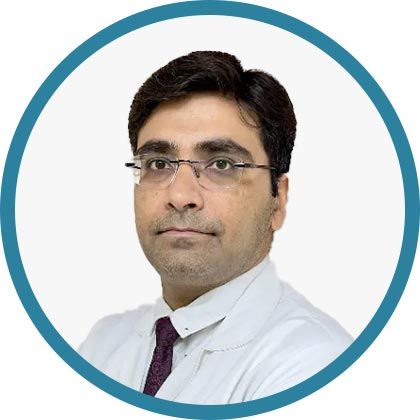
Dr Abhishek Verma
Pulmonology Respiratory Medicine Specialist
5 Years • MD (Respiratory Medicine), PDCC (Interventional Pulmonology) Alumni SGPGIMS & KGMU Lucknow
Lucknow
Apollomedics Super Speciality Hospital, Lucknow
(50+ Patients)
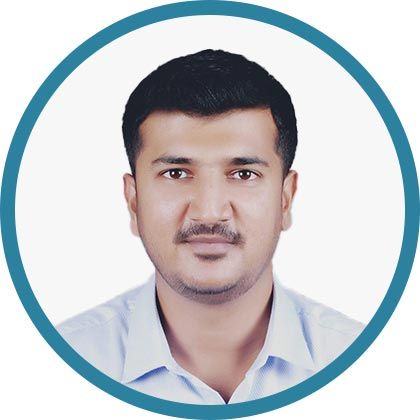
Dr Vishwa Vijeth K.
Pulmonology Respiratory Medicine Specialist
8 Years • MBBS, MD ( Respiratory Medicine)
Bangalore
Apollo Clinic Bellandur, Bangalore
Consult a Pulmonologist for Personalised Advice

Dr Rakesh Bilagi
Pulmonology Respiratory Medicine Specialist
10 Years • MBBS MD PULMONOLOGIST
Bengaluru
Apollo Clinic, JP nagar, Bengaluru

Dr Haripriya S G
Family Physician
22 Years • MBBS, PGD (Family Medicine)
Bengaluru
Apollo Clinic, JP nagar, Bengaluru

Dr. Mary Susan K S
General Physician/ Internal Medicine Specialist
13 Years • MBBS, MD INTERNAL MEDICINE
Bengaluru
Apollo Clinic, Sarjapur Road, Bengaluru
(25+ Patients)

Dr Abhishek Verma
Pulmonology Respiratory Medicine Specialist
5 Years • MD (Respiratory Medicine), PDCC (Interventional Pulmonology) Alumni SGPGIMS & KGMU Lucknow
Lucknow
Apollomedics Super Speciality Hospital, Lucknow
(50+ Patients)

Dr Vishwa Vijeth K.
Pulmonology Respiratory Medicine Specialist
8 Years • MBBS, MD ( Respiratory Medicine)
Bangalore
Apollo Clinic Bellandur, Bangalore

